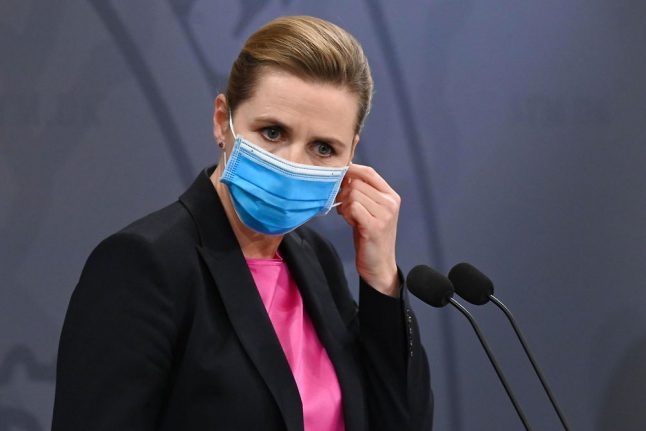Copenhagen warned that the mutation could threaten the effectiveness of any future vaccine.
“From tonight, citizens in seven areas of North Jutland are strongly encouraged to stay in their area to prevent the spread of infection,” Frederiksen told a news conference, adding that people were being ordered not to travel there, while bars and restaurants would also shut.
“We are asking you in North Jutland to do something completely extraordinary,” Frederiksen said, talking of a “real closure” of the region.
“The eyes of the world are on us,” she added.
Public transport in the region will be shut down with buses and trains stopped from entering or leaving.
School children in the seven municipalities, in classes from the fifth to eighth grades, will be sent home and attend lessons remotely, DR reports. Youth education, including exams, will be conducted entirely online and attendance at higher education such as universities will be reduced by 50 percent.
Culture and sporting facilities such as gyms, swimming pools, amusement parks, zoos, theatres, museums, libraries and cinemas will all be shut, though outdoor exercise areas will be allowed to remain open.
The regional health authority, Region Nordjylland (North Jutland) said in a statement it was preparing to mass-test 280,000 residents in the affected areas for coronavirus.
Denmark, the world's largest exporter of mink fur, raised concerns on Wednesday by announcing the slaughter of all mink in the country — numbering 15 to 17 million spread over 1,080 farms — following the discovery of the mutation which can be passed to humans.
The mutation has already been detected in 12 people — 11 cases in the region being closed down, and one in another.
READ ALSO: ANALYSIS: How serious is Denmark's mink coronavirus mutation and outbreak?



 Please whitelist us to continue reading.
Please whitelist us to continue reading.
Member comments